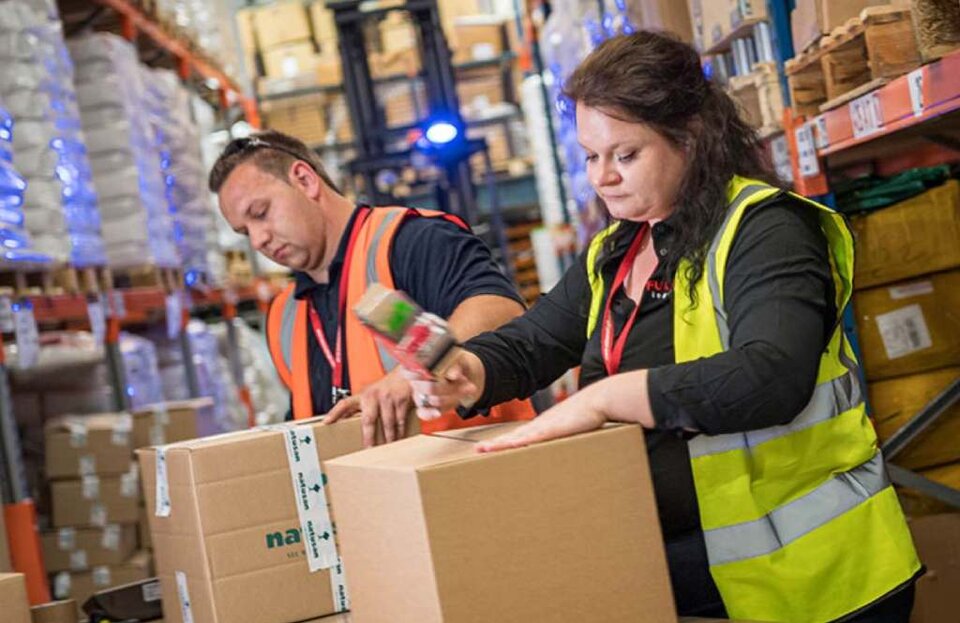
How AI is Helping Retailers Reduce Environmental Footprints
AI-driven insights are transforming how retailers approach returns management, especially in reducing both environmental and operational impacts. From my experience, these insights are proving essential in helping businesses tackle the root causes of returns and implement strategies to minimize their adverse effects.
With these insights, businesses have relevant information on the root cause of product returns, products with the highest return rates, and potential actions that could be taken to minimize these returns and their negative impacts on the operation and the environment at large.
AI is helping retailers better manage the logistics flows from customers to warehouses, providing real-time inventory updates and improving returns operations by determining which returned products can be resold, refurbished, or discarded. These measures ensure reduced carbon footprints, minimal to zero stockpiling of returned items, and, most importantly, reduced waste, making us all feel more environmentally conscious and responsible.







